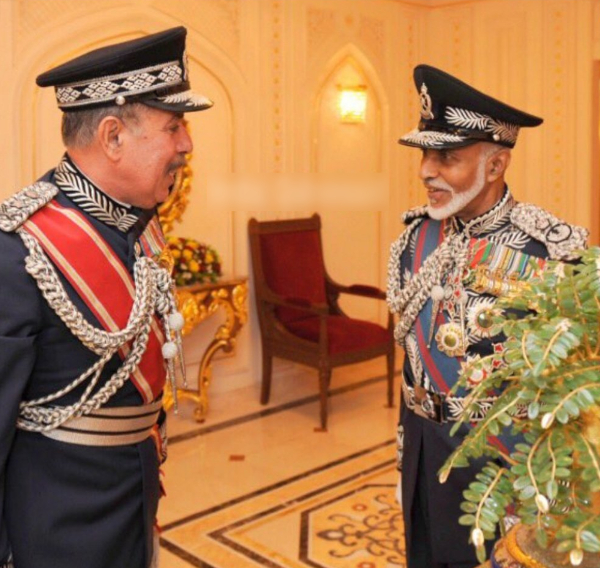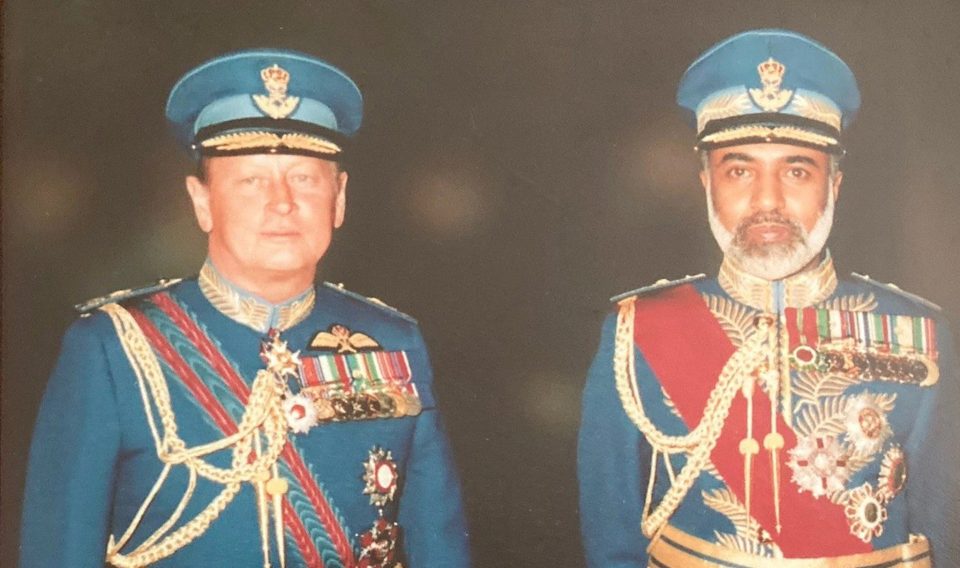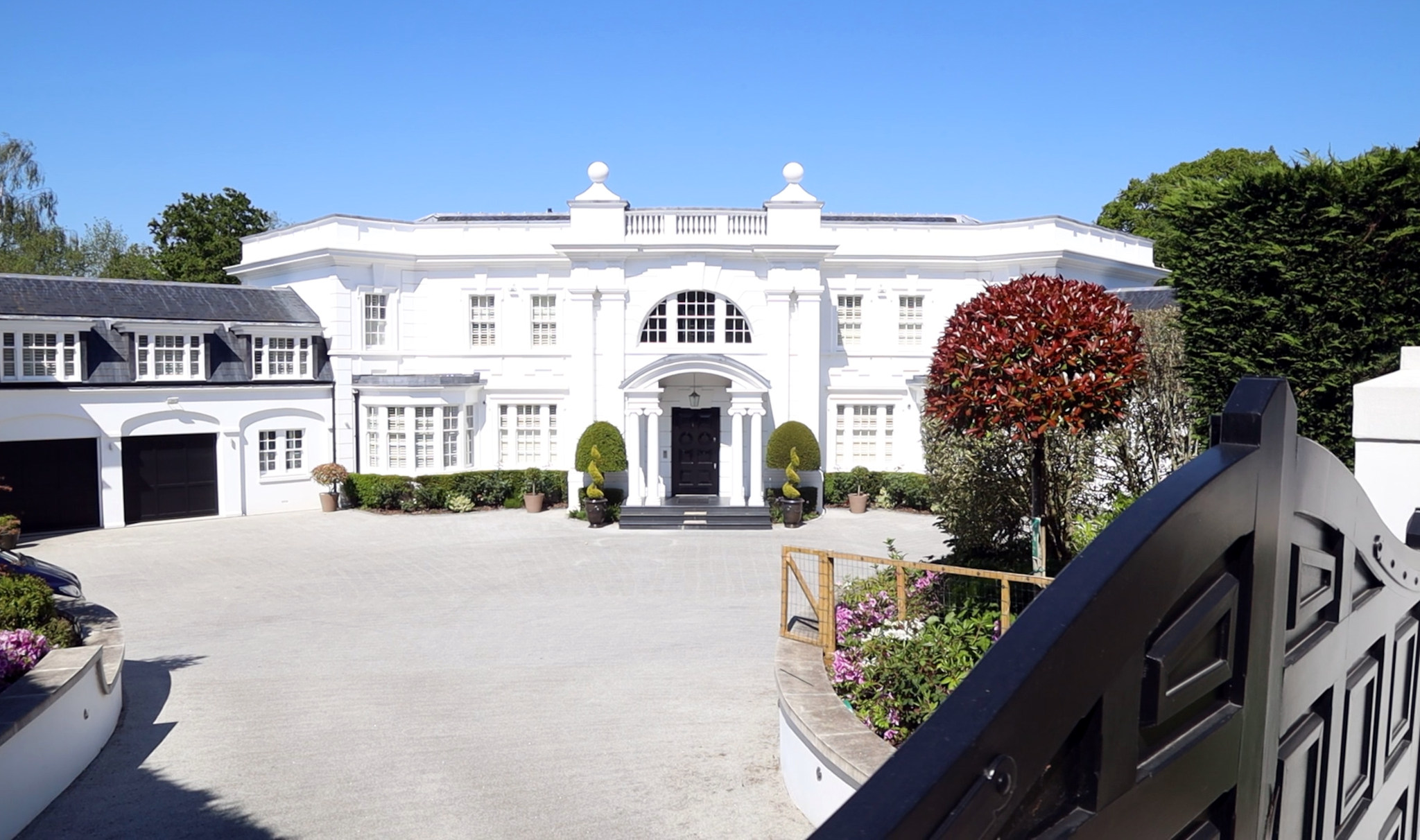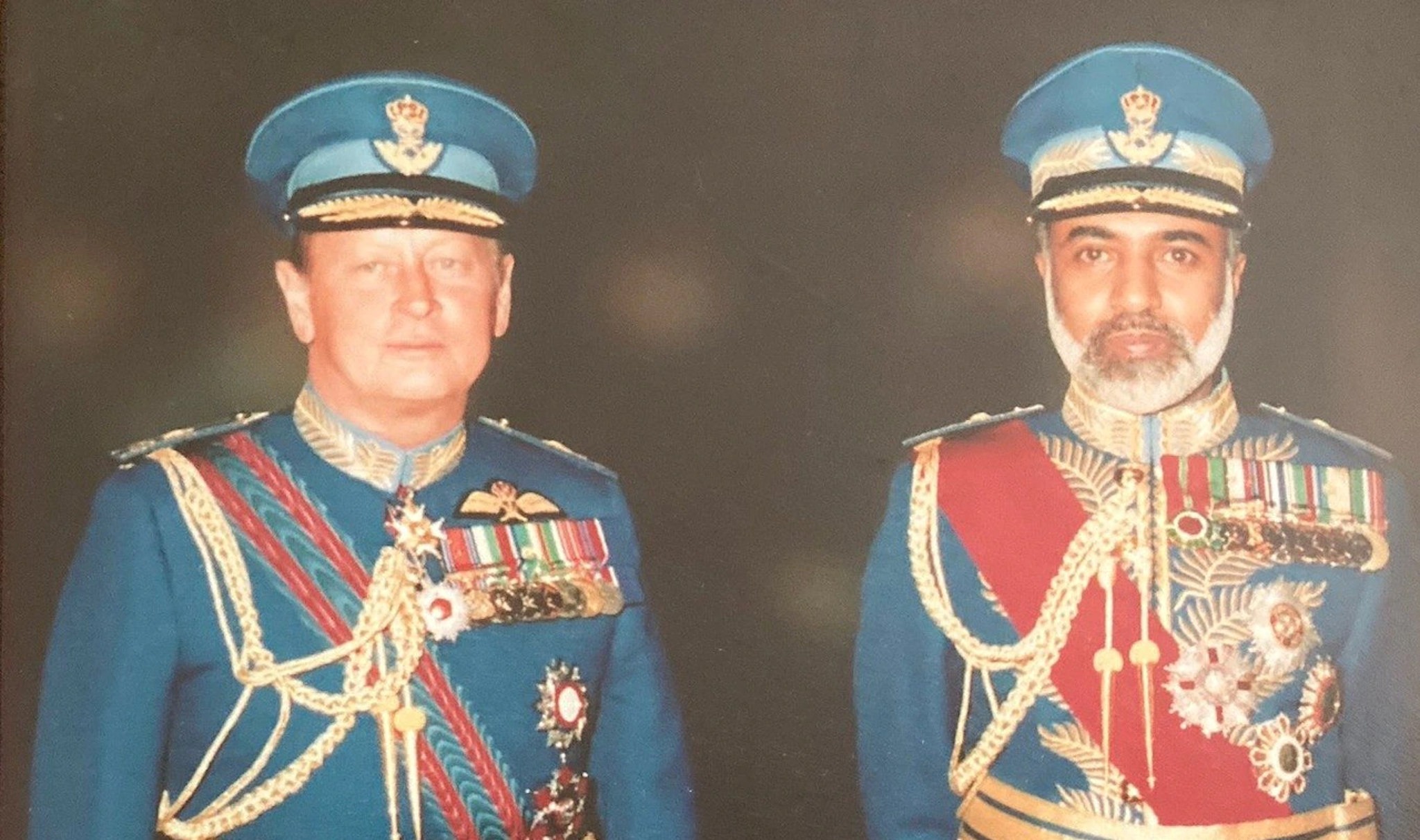Maud Quinault with her son Fahad-Louis. (Photo: Supplied)
A French woman who claims her son was abducted by a member of a powerful family in Oman is speaking out about UK influence in the corrupt Middle Eastern country.
The last time Maud Quinault spoke by telephone to her five-year-old son, Fahad-Louis, she said he was crying and did not want to be with his dad. “Mummy, please come and get me,” the little boy said.
Fahad-Louis has been missing from his mother for two months, since his father, Amur al-Maamari, allegedly abducted him from Europe and took him back to Oman’s capital Muscat.
The move followed a bitter custody dispute between the parents in France, where Quinault’s lawyer says a judge has issued an international arrest warrant for the father. But Quinault fears it is her who will be detained if she returns to the authoritarian Gulf state to try to see her son.
A decade ago, she married into one of Oman’s most powerful families. Quinault’s father-in-law is General Malik Bin Sulaiman al-Maamari, the “right-hand man” of Sultan Qaboos, who ruled Oman from 1970 until his death in 2020.
Quinault’s husband would go on to physically abuse her, according to claims filed by Quinault in a complaint to French police.
Clémence Witt, a lawyer who previously represented Amur al-Maamari, told Declassified her former client was never prosecuted for the alleged violence. The couple is now estranged.

General al-Maamari was sacked as the country’s police chief in 2011 during the Arab Spring, amid angry protests against corruption. “People literally wanted to kill him,” Quinault told Declassified.
“The Sultan removed him to keep people quiet, but he kept all his money. And the Sultan continued giving him gifts twice a year, like a Bentley.”
Nabhan al-Hanashi, an Omani human rights activist who took part in the 2011 protests, said he felt “played” by Sultan Qaboos. “The powerful people remained untouchable”, he commented.
‘It was a cover’
Quinault, an interior designer who once worked at Harrods, married the General’s son in 2013. “He told me he worked as a computer engineer at Omantel,” the state-owned phone company, run by a member of the Maamari family.
“Sometimes I’d drop him off there, but it was a lie – it was a cover.” She says her husband had in fact been working for Oman’s fearsome intelligence services.
Quinault says she was initially unaware that her in-laws had a controversial reputation. But now, “I’m very aware of what they own,” she alleges. “They have millions and millions of assets in Oman and Dubai. Their palace [in Dubai] is insane. They come from nothing.”
Last year Declassified revealed how another senior Omani military officer had purchased a £16 million mansion in England from former Chelsea football captain John Terry. The revelation came amid a fresh wave of anti-corruption protests, which the Sultan’s successor Haitham put down with British-supplied tear gas.
Although the Maamaris are not believed to own property in the UK, the General apparently accompanied Sultan Qaboos on trips to a luxury location in England. And Quinault confirmed that Britain plays a special role in Oman. “Britain actually rules the country,” she commented.
“My father-in-law explained Britain’s influence to me. I used to talk to him a lot because I was interested in politics. All the people from Omani intelligence are trained in the UK, they all study there, and that’s for a reason”.
She added, “Once they come back to Oman after their training, they are very patriotic and loyal to Britain. Sometimes they are seen by British officials or even the Queen at Oman’s Royal Court.”
Britain’s monarch invited Oman’s Royal Cavalry to perform at Windsor Castle last month as part of her platinum jubilee celebrations, with the regime’s crown prince, Sayyid Theyazin bin Haitham, sitting three seats away from her.
‘I was followed all the time’
Oman’s intelligence service was set up by Britain, the former imperial power, and run by an officer on loan from MI6 up to 1993. More recently, MI6 chiefs and a former aide to the Queen, Lord Christopher Geidt, sat on the Sultan’s Privy Council – secretly advising Qaboos how to run his police state. (Geidt is now Boris Johnson’s ethics adviser.)
“I was followed all the time in Oman. It was a living nightmare,” Quinault said, highlighting the regime’s surveillance capabilities. She eventually escaped by going to France on a holiday with her son in 2019, never to return.
Even then, she was not beyond her husband’s reach. She claims that he managed to have her detained for 48 hours and may have remotely erased evidence from her phone.
An Omani diplomat in Spain apparently provided him with a travel document to get their son out of Europe, while the boy’s passport was being held by a French court.
Repression is the norm in Oman, where all political parties are banned and independent media is muzzled. Oman fell 30 places in the latest world press freedom index published by campaign group Reporters Without Borders, relegating it to 163rd out of 180 countries.
An Omani journalist Mukhtar al-Hanai is due to go on trial on 19 June, for tweeting about a corruption case in which government officials were found guilty of embezzlement and forgery. Oman’s Ministry of Information has banned the country’s press from covering the subject.
Earlier this year, leaked financial files from Credit Suisse revealed Sultan Qaboos stashed £142 million abroad in secret Swiss bank accounts during his reign.
In 2009, a US diplomat said in a cable published by Wikileaks that Oman’s economy was run by an “oligarchy”, composed of families that “come from humble beginnings” who “owe their fortunes in part to ties to the Sultan”.
Amur al-Maamari was asked to comment through his current lawyer.
Declassified UK



